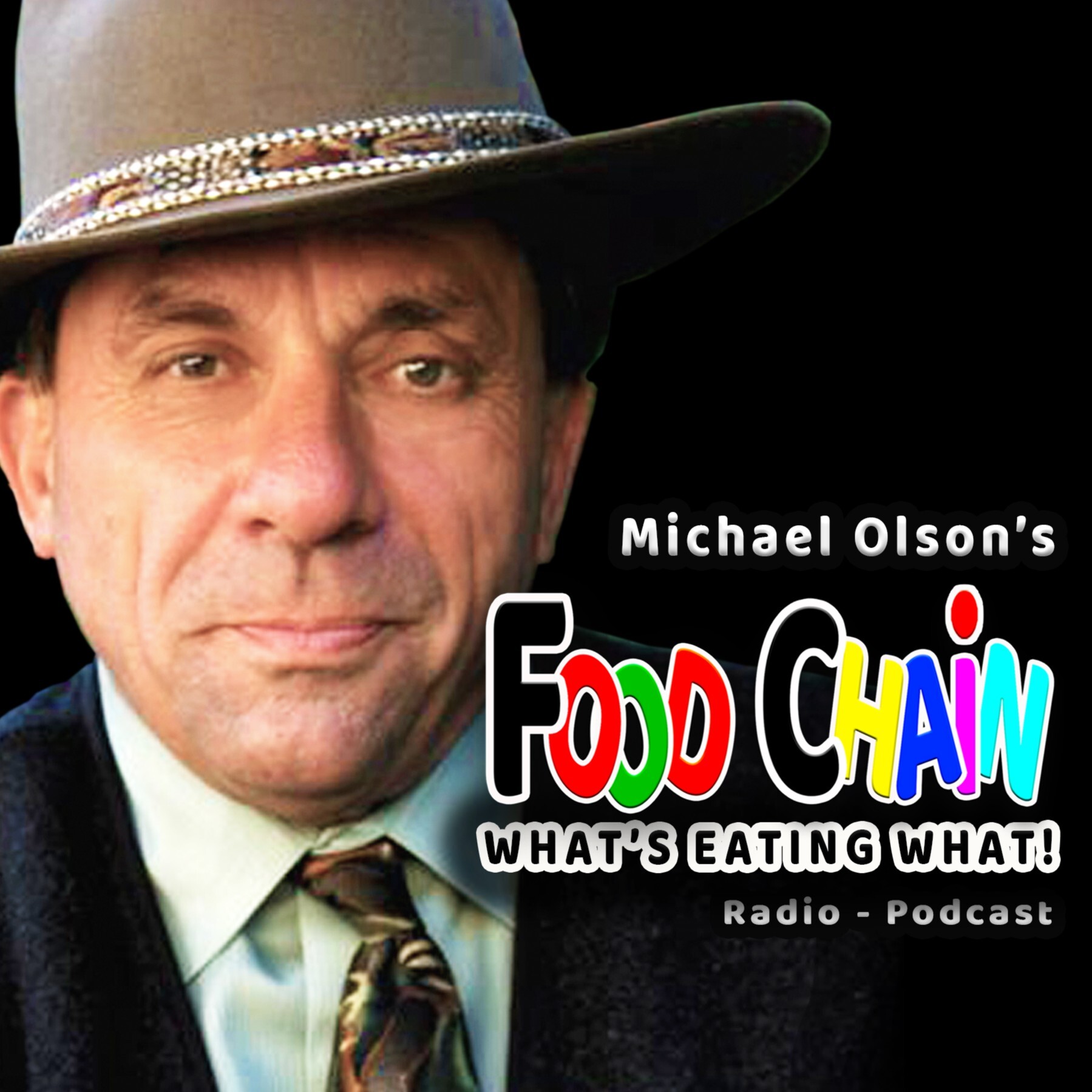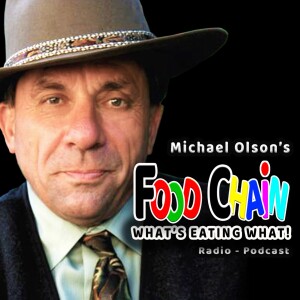
814
Downloads
61
Episodes
It’s a fact! 100% of men, women and children eat food, and 97.5% of must buy their food from others who bring it from an average of 2,000 miles away. And so the hungry ask: ”What’s in this tomato? Who planted that broccoli? Is it safe to eat genetically engineered corn? Why are they irradiating meat? Are we running short of water? Why is China growing our apples? What will happen to us if we can no longer farm? How safe is our food chain?” The Food Chain is an audience-interactive syndicated newstalk radio program and podcast broadcasting weekly on radio stations and streaming on demand on the internet. The Food Chain, which has been named the Ag/News Show of the Year by California’s legislature, is hosted by Michael Olson, author of the Ben Franklin Book of the Year award-winning MetroFarm, a 576-page guide to metropolitan agriculture. The Food Chain is available live via GCN Starguide GE 8 and delayed via MP3/FTP. For clearance and/or technical information, please call Michael Olson at 831-566-4209 or email michaelo@metrofarm.com
Episodes

Sunday Aug 04, 2024
Ep. 1362: Bonders Metropolitan Bees
Sunday Aug 04, 2024
Sunday Aug 04, 2024
Emily Bonder, Apiarist & Educator, Santa Cruz Bee Company
(metropolitan bee keeping, apiarists, honey bees)
They say bees are responsible for one-third of every bite of food we eat. Given how much we love to eat, and how much we love to hear the buzzing of bees, we simply must ask:
How does one keep bees in the city?
We all know how important honeybees are to the productivity of natural and man-made food chains.
And so, when we look about the garden and see fewer and fewer bees every year, we get to wondering what we will do for food should all the bees disappear.
Of course, there would still be some pollinators buzzing or crawling about, but would they be sufficient to feed all us very hungry people?
Having hosted a number of feature stories about bees on the Food Chain Radio Podcast, I have become attentive to their numbers as they buzz about the garden. And though I have not taken a formal census, I do believe there are fewer and fewer bees in the garden.
The wife and I recently decided there is one way to allay fears about bees disappearing, and that is to become metropolitan beekeepers. Today we take the first step in that direction by asking:
How does one keep bees in the city?
Connect: www.metrofarm.com
